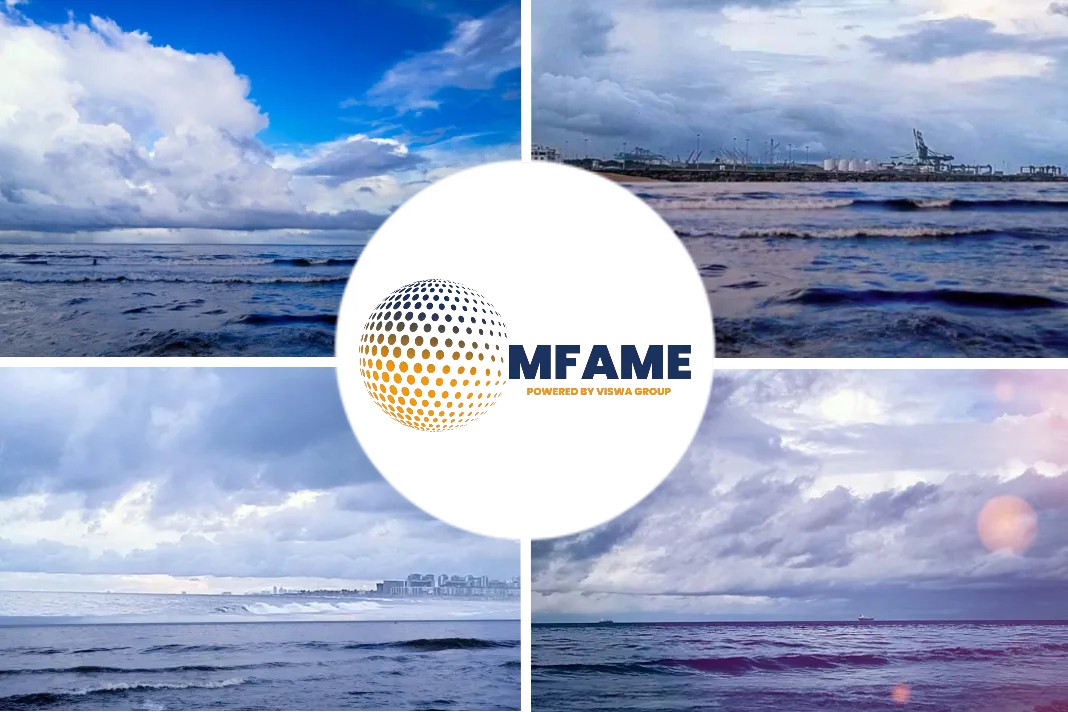While crews remain trapped on their ‘floating prisons’ for consecutive months in breach of MLC, and amid reports of increased anxiety or even suicides, the maritime sees the launch of several initiatives aimed to show it cares for its seafarers.
The UN, IMO and industry representatives
In an open letter to all Governments, UN agencies including IMO, ILO, UNCTAD and others, call them to designate seafarers as key workers to ensure free movement.
Oct
IMO establishes the Seafarer Crisis Action Team, contacting representatives from national governments, NGOs, trade unions or relevant associations or orienting seafarers, who reported problems, towards the right organization. ICS starts to collect data on crew changes, so it calls companies or masters to complete an online form, anonymously, for every successful or unsuccessful changeover.
Nov
IMO MSC 102 approves the set of protocols on safe crew changes, which urge governments to designate seafarers as key workers.
The governments
Jul
13 governments, including Greece, Philippines and US, send a letter asking for crew change facilitation and key worker designation. Philippines opened the first “Green Lane” to facilitate free movement across borders for seafarers in Asia, allowing them to travel for changeover or repatriation.
Oct
New Zealand issues a public policy statement to amend the Maritime Transport Act 1994 to enable the existing maritime levy to fund the services required for seafarers’ wellbeing, in line with MLC.
The shipowners
Jul
In a joint statement, shipping players, including ECSA, CLIA and INTERTANKO, call EU decision-makers and States to show responsibility at the highest political level on the subject.
Oct
A group of leading associations, including among others Asian Shipowners Association, ECSA and BIMCO, send an open letter to Asian governments, calling them, among others, to allow temporary visa waivers and a visa free transit area in Asia for seafarers.
Nov
INTERCARGO condemn charterers of dry bulk sector who prevented crew changes during the charter period, despite the shipowner agreeing to cover costs.
The port authorities
May
MPA Singapore launch a Seafarers Relief Package of $27 million, providing financial support to companies, to individuals for training and Singaporean seafarers.
Sept
MPA Singapore is using its existing floating accommodation to set up a Crew Facilitation Centre at Tanjong Pagar Terminal. Meanwhile, a Singaporean cooperation led by MPA establish a S$1 million Singapore Shipping Tripartite Alliance Resilience Fund to work with stakeholders in seafaring nations on concrete solutions for crew changes, such as initiatives on best practices for crew holding facilities and PCR testing centres.
Oct
Australian authorities arrested a car carrier at Port of Melbourne, for keeping seafarers onboard beyond acceptable limits of MLC.
Nov
AMSA prohibits ship from leaving Port Alma, until nine seafarers would be repatriated. Two of them had been onboard for 20 months onboard.
The PSC
Jun
PSC regimes express willingness to IMO and ILO to contribute to crew changes. Crew change fatigue is an issue that can be examined by PSC, especially when extensions of contracts violate MLC.
The P&I
Oct
IG, representing 13 P&I Clubs, issues a strong message to draw attention on the crew change crisis. Several of these clubs on their own also launch services to address mental wellbeing and boost resilience onboard.
The unions
Mar
ITF Seafarers’ Trust launches an emergency fund for maintenance of seafarers’ welfare services and for specific projects to alleviate hardship of their families.
Sept
Apart from repeated calls to governments to resolve the crisis, ITF and IMEC contribute $500.000 to Singapore’s Fund to support countries that adopt best practices for crew change.
Oct
ITF Seafarers Trust and ITF Wellbeing launch a hub of information, including words and pictures of seafarers that reveal the difficulties they face from COVID-19.
The charities
Apr
ISWAN launches crowdfunding campaign for developing world seafarers and their families.
May
Sailors’ Society and V.Group partner on a guide focused on the positive role that Masters can play in ensuring crew wellbeing.
Jun
ISWAN launch ‘Connecting crew’ campaign to highlight the importance of connecting with others for crew wellbeing. It also partners with Inmarsat on a call service for seafarers onboard to connect with their families. Mission to Seafarers targets a funding total of £600.000 in order to deliver the “Flying Angel” campaign, addressing crew welfare issues.
Jul
Maritime Charities Group and the Merchant Navy Training Board issue a standard setting a benchmark for training that aims to develop mental health awareness amongst seafarers. Seafarers UK urges ILO to consider steps in line with MLC, to ensure all seafarer suicides are accurately identified.
Oct
Seafarers UK launches grants for organizations providing crew welfare services for seafarers impacted by COVID-19.
Nov
British charities launch a bursary fund for training of UK-based seafarers who are facing redundancy due to Covid-19.
The initiatives described are up to November 2020.
Did you subscribe to our daily newsletter?
It’s Free! Click here to Subscribe!
Source: Safety4Sea























